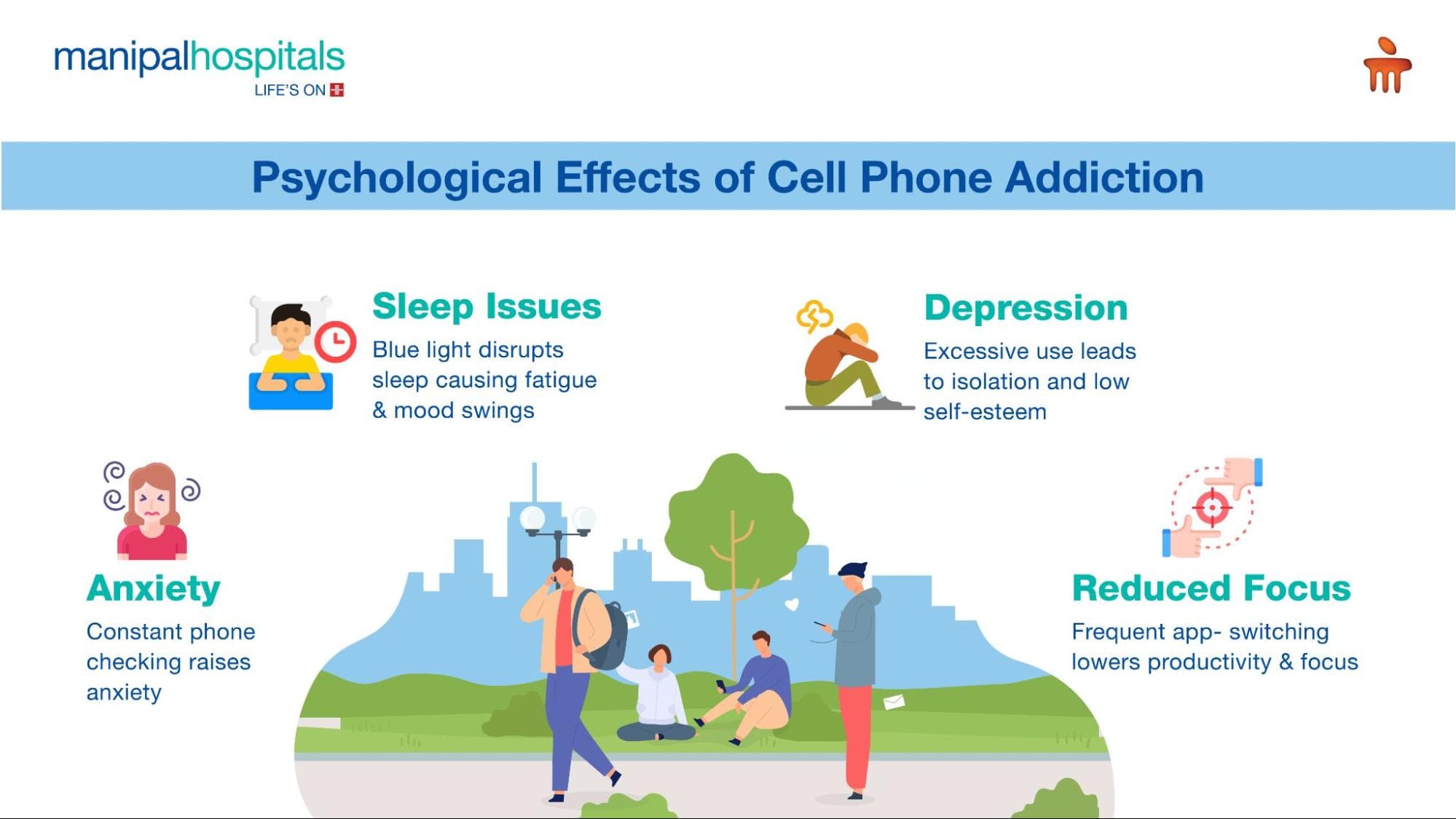Scientists Uncover Widespread Negative Impacts of Smartphone Use on Human Health

Recent scientific investigations are revealing significant and often detrimental effects of smartphone use on human health and behavior, encompassing mental well-being, cognitive abilities, social interactions, and sleep patterns. These findings highlight a growing concern among researchers regarding the pervasive integration of these devices into daily life.
Studies indicate a strong correlation between excessive smartphone use and various mental health issues. Research has linked heavy usage to increased rates of depression, anxiety, loneliness, and even suicidal ideation, particularly among adolescents. The constant stream of notifications and the pressure for social media validation are identified as contributing factors to heightened stress and a "fear of missing out" (FOMO).
Beyond mental health, smartphone use has been shown to impair cognitive functions. The "brain drain hypothesis" suggests that the mere presence of a smartphone, even when inactive, can reduce available cognitive capacity. Furthermore, excessive screen time has been associated with diminished inhibitory control, impaired attention, and reduced reading comprehension, potentially fostering "mental laziness" as individuals rely on devices to supplant active thinking.
Social and emotional development, especially in younger individuals, is also at risk. Experts warn that using smartphones to pacify children may hinder their ability to develop internal self-regulation mechanisms and crucial social skills typically acquired through hands-on activities and direct human interaction. Excessive use can lead to poor communication skills and reduced face-to-face interactions, contributing to feelings of loneliness.
Sleep disruption is another critical area of concern. The blue light emitted from smartphone screens can suppress melatonin production, making it harder to fall asleep and reducing REM sleep quality. This interference with natural circadian rhythms can lead to a host of mental health problems, including mood changes, stress, and brain fog. As Andrew Yang stated in a recent social media post, "Scientists are studying what smartphones are doing to us and coming to some interesting findings." These findings underscore the urgent need for individuals and policymakers to consider the long-term implications of ubiquitous smartphone usage.